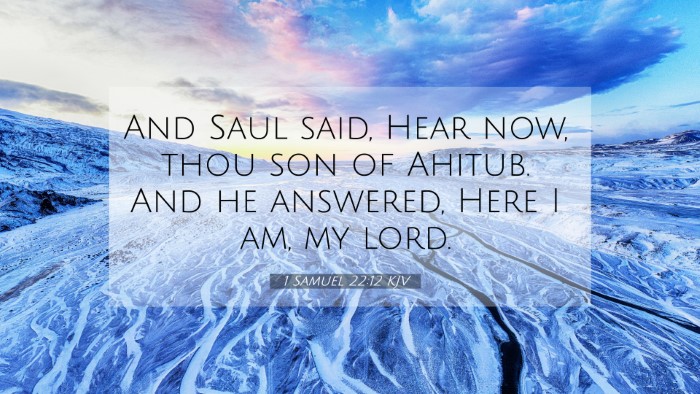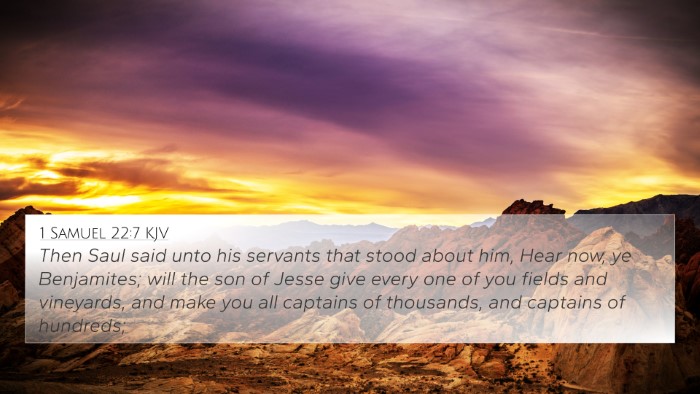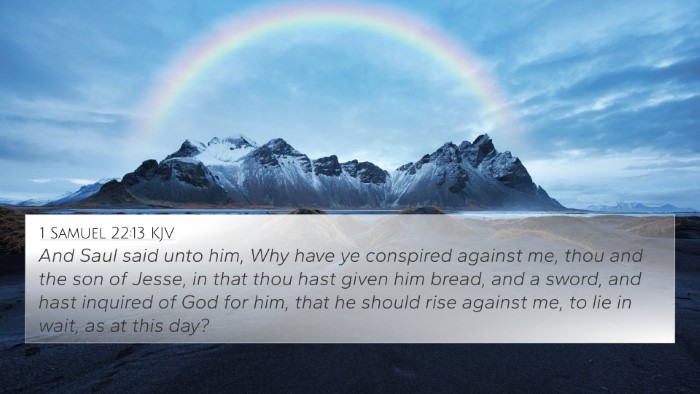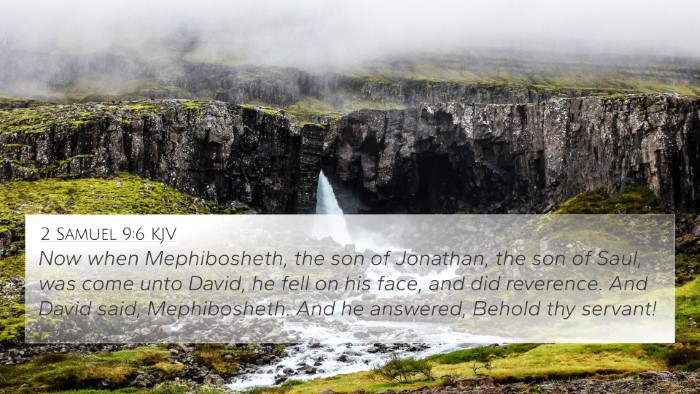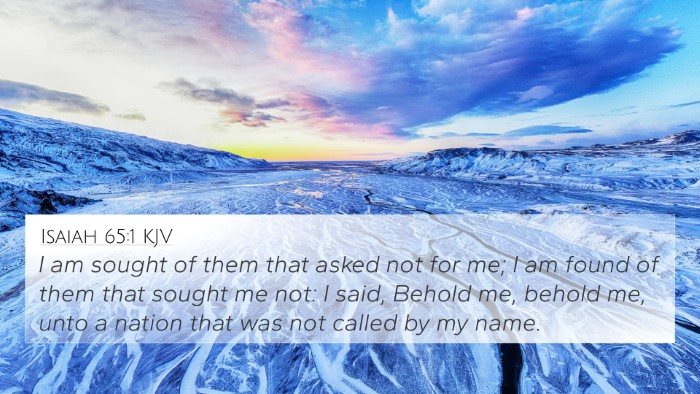Understanding 1 Samuel 22:12
1 Samuel 22:12 states: "And Saul said, 'Hear now, thou son of Ahitub.' And Ahimelech answered, 'Here I am, my lord.' This verse captures a critical moment in the narrative of Saul, the king of Israel, and Ahimelech, the priest. To fully grasp the significance of this interaction, we must consider the context and implications drawn from traditional commentaries such as those by Matthew Henry, Albert Barnes, and Adam Clarke.
Context of the Verse
At this point in the story, David is fleeing from Saul, and Ahimelech, the priest at Nob, has unknowingly assisted David by providing him with sustenance and Goliath's sword. Saul, feeling betrayed and seeking to establish control, confronts Ahimelech.
Key Themes and Insights
-
Authority and Submission:
Saul's command, "Hear now" signifies his authority, while Ahimelech's respectful response illustrates the expected decorum in royal dealings. This dynamic exemplifies the larger theme of authority throughout the Scriptures.
-
Consequences of Loyalty:
Ahimelech's loyalty to David leads him into peril, establishing a profound lesson on the risks associated with standing by those whom God has chosen.
Commentary Analysis
Matthew Henry
Henry speaks to the misguided zeal of Saul, highlighting his deteriorating leadership due to paranoia and jealousy. The way Saul addresses Ahimelech reveals the depths of his descent into tyranny, displaying an authoritative yet ultimately ungracious approach.
Albert Barnes
Barnes emphasizes the contrast between Saul's royal position and Ahimelech's humble priesthood. The dialogue underscores the priest's innocence, caught in a web of political intrigue—a theme resonating deeply with the faithful's relational dynamics with authority.
Adam Clarke
Clarke notes the significance of Ahimelech’s title of respect towards Saul, indicating that despite Saul's moral failures, he remains king. This highlights a tension present in the Scriptures—how to navigate authority figures whose actions do not align with God’s righteousness.
Comparative Bible Verse Analysis
This verse can be richly understood by exploring parallel narratives and connections across different scripture passages, reinforcing the overarching narrative of the Bible.
Cross-References for 1 Samuel 22:12
- 1 Samuel 21:1-6: David's encounter with Ahimelech where food and Goliath's sword are supplied.
- Psalms 52:1-5: A reflection on the deceit of Doeg the Edomite, who informs Saul about David.
- 1 Samuel 17:49-50: The account of David and Goliath contextualizing David's prowess and role.
- John 7:49: A New Testament reflection showing the disdain for the priests' decisions and authority.
- Deuteronomy 18:1-5: Guidelines about the role of priests relating to their authority and God's provision.
- Luke 3:2: Discusses the priestly lineage amidst political authority, linking to the broader narrative on governance.
- Mark 2:26: Jesus references David and priesthood concerning legality on the Sabbath, showcasing the interconnectedness of Law and priestly action.
Thematic Connections
This verse serves as a poignant reminder of how biblical characters interact with themes of authority, morality, and faithfulness. Through the lens of cross-referencing biblical texts, we can derive significant insights on how to navigate situations of moral complexity which persist through time.
Tools for Bible Cross-Referencing
To further delve into the connections between Bible verses like 1 Samuel 22:12 and other scriptures, several tools can be beneficial:
- Bible Concordance: A resource that lists words and phrases in the Bible to find related verses.
- Bible Cross-Reference Guide: Guides that help map connections across different scriptures.
- Cross-Reference Bible Study: Methods that encourage comprehensive examination of thematically linked verses.


